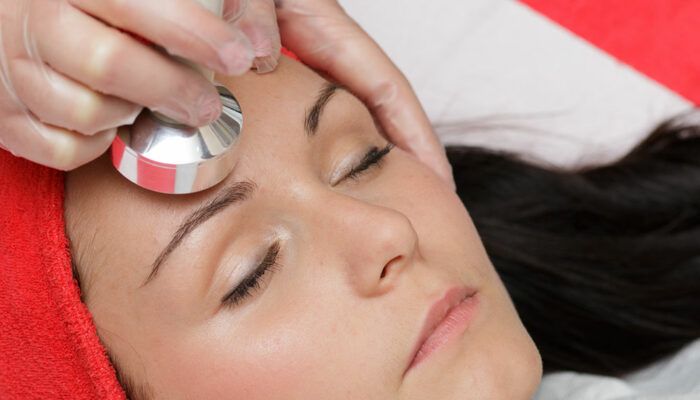
The Best Ways to Treat Pulmonary Arterial Hypertension
Pulmonary arterial hypertension (PAH) has no cure, however, there are certain procedures and medicines available which relieve the symptoms of the condition. Condition varies from one person to another, and hence, working with a doctor will help you figure out the best therapy suitable for you.
Understanding the underlying reason for the cause of pulmonary arterial hypertension is the initial step. Next step is to check the severity of the symptoms and the impact it has on your daily life.
1. Medicines to treat Pulmonary arterial hypertension
Medicines aid in ease of flow of blood within the arteries in the lungs. Some others aid in better lung and heart operation. These medicines are either taken in pill form or via inhalation or an IV.
- Calcium channel blockers
Reduce blood pressure by muscle relaxation of arteries. A vasodilator test is done to see how they help your blood vessels. A safe dose is then prescribed.
Digoxin aids in a stronger heartbeat and aids when pulmonary arterial hypertension reason is an arrhythmia or heart failure.
- Anticoagulants
These avoid the formation of a clot in the small pulmonary arteries. However, they do have a high risk of bleeding issues as the normal blood coagulation is hindered.
Warfarin (Coumadin) is a blood thinner and keeps clots away that can make this condition worsen.
Diuretics keep extra fluid off the body. They make lungs and heart operate better and also relieve the condition associated symptoms.
2. Other pulmonary arterial hypertension medications that avoid narrowing and keep open blood vessels are:
- Ambrisentan
- Bosentan
- Tadalafil
- Macitentan
- Sildenafil
- Vasodilators
Vasodilators expand the blood vessels. They are administered through IV or inhalation. These go inside the lungs and ease the shortness of breath. A nebulizer is used to administer them. - Endothelin receptor antagonists
With their use, the effect of endothelin is reversed. Endothelin is a substance within the blood vessel walls which leads them to narrow down. The energy levels are improved and the symptoms are eased with these medicines. Pregnant women should not use them. Monitoring is required on the dosage as prolonged and overuse can result in liver damage.
- Soluble guanylate cyclase (SGC) stimulator
These aid in the relaxation of the pulmonary arteries and hence, the pressure is lowered in the arteries. Nausea and dizziness are some side effects. Pregnant women are prohibited from using them.
- Oxygen therapy is needed to obtain sufficient oxygen within their blood. This is administered with a prong that suits the nose or through a face mask.
3. Surgical options to treat pulmonary arterial hypertension
When medicines do not ease the symptoms, the doctor can suggest any of the below two surgeries:
- Atrial septostomy
An opening is made between the left and right upper chambers of the heart to minimize the pressure on a single side.
- Lung and heart transplants
Doctors suggest this surgery to people whose condition has deteriorated with drug usage. If the severity of the lung condition resulting in pulmonary arterial hypertension is more, then organ transplantation is recommended. Recovery time is more as the body needs to adjust to the new organs that are transplanted.
With the treatment options mentioned above, pulmonary arterial hypertension can be managed to lead a better lifestyle.



